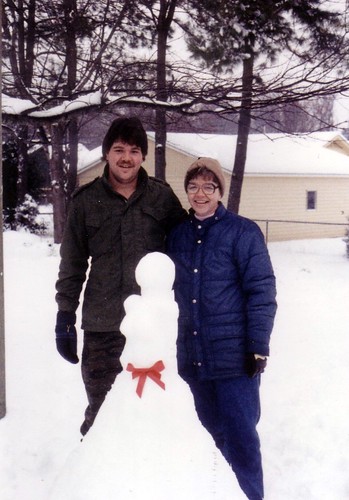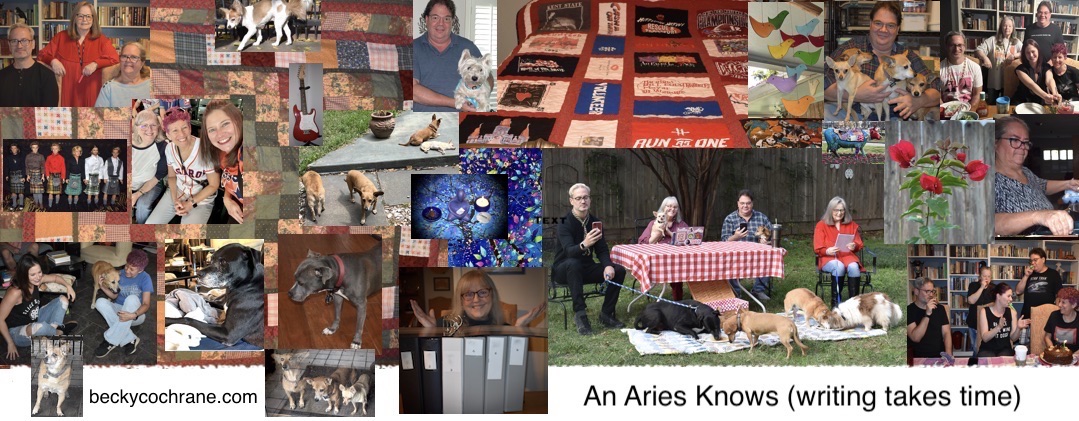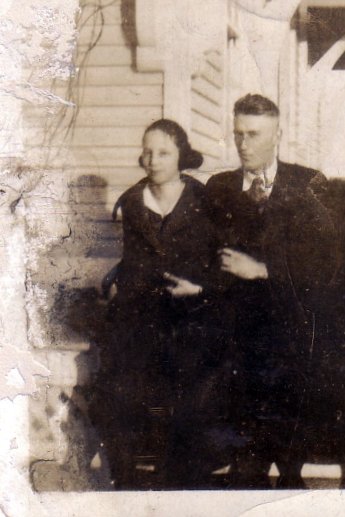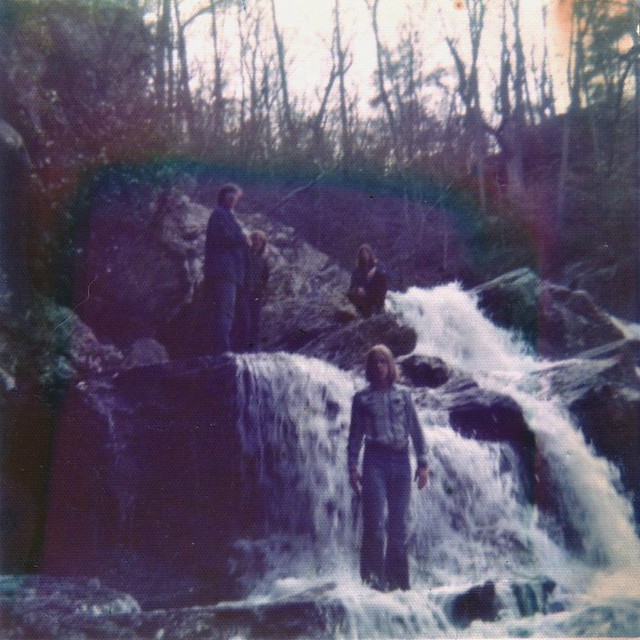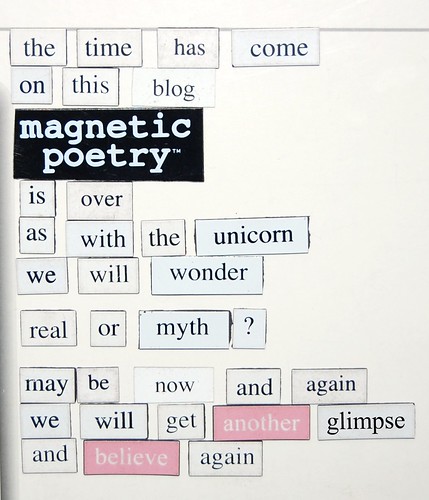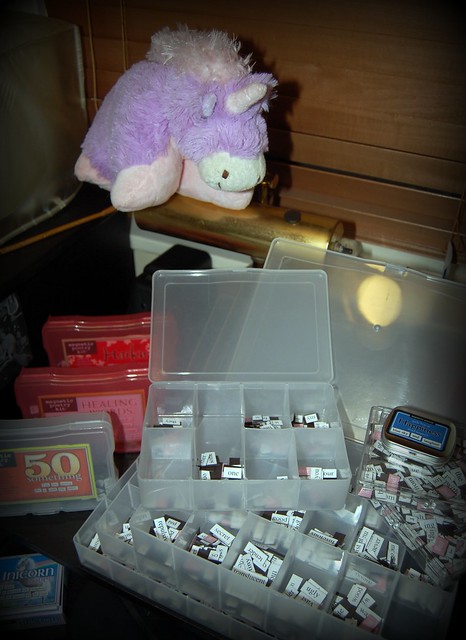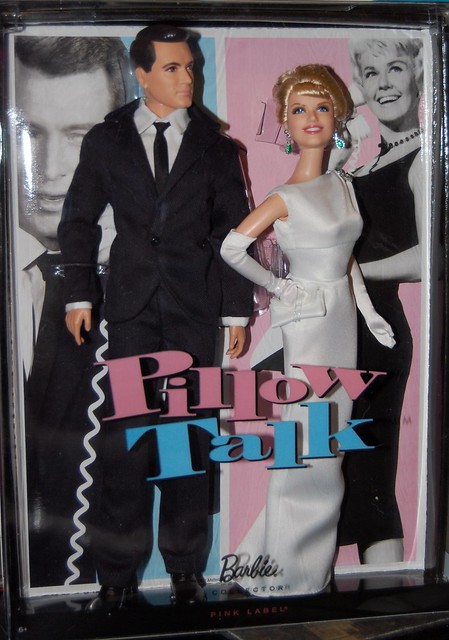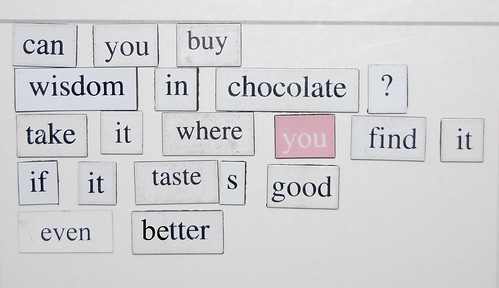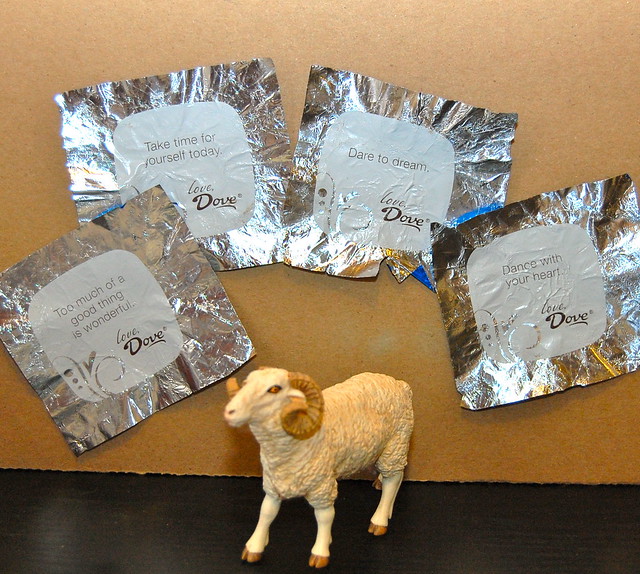When I was in the fifth grade, it was decided that the more musically-inclined students would put on some kind of spring concert. My sister was a singer who was always in choirs and choruses and she loved that stuff. I could think of nothing more horrifying than being on a stage in front of a bunch of people. People with eyes!* So when the music teacher came around to audition us, I had a plan. We sang as a group; she stopped in front of each of us to get a listen to our individual voices. I sang as poorly as I could; it didn’t take a whole lot of effort. And I DIDN’T GET PICKED! Success.
Only then the teachers weren’t sure what to do with us tone-deaf rejects during the times the other kids went to practice for their upcoming concert. My teacher, Mrs. Duncan, hit on a brilliant plan: Her leftovers would be in a play! How exciting! I would have lines to say in front of an auditorium of people!
Please reread my third sentence in the first paragraph.
That’s how I came to play “Dottie” in “The Picnickers.”
I still have a copy of “The Picnickers,” and I read through it before I began this post. The plot: Several girls decide to go on a picnic on a pretty day. They pack their picnic baskets and sneak off without letting the boys know, because:
Maxine: I’d like to know if they ever ask us to go on hikes with them.
Helen: I should say they don’t.
and
Mary Lee: We’ll show them that we can get along without them once in a while.
(Yeah, fist pump, Mrs. Duncan, if in fact you wrote this play.)
The girls get lost a few times, but finally find the spot they’re looking for. They play a few games; Mary Lee, obviously conflicted, periodically says how much more fun they’d be having if the boys were there. A few pointed comments are made about Betty’s hunger, and they won’t leave her behind when they go to the spring to get water because, as Helen says, “There wouldn’t be anything left to eat when we got back.”
(In a few decades, Mrs. Duncan, you’d be in big trouble over the whole young girl/body image/eating disorder thing.)
While they’re gone, the boys show up. Miffed about being left out, they switch out the girls’ picnic baskets for other baskets filled with turnips and carrots, raw potatoes, and stones. The boys then hide. When the girls get back and open the baskets, even Betty suffers a loss of appetite.
At this point, one of the boys emerges from the woods disguised as a gypsy (“gypsy” not having been replaced with the more aptly named “Romani”). Here’s where my willing suspension of disbelief switches off. A gypsy? Because the woods outside AnySmallTown USA are crawling with gypsies in gypsy clothes. And of course a group of girls would totally talk to her and let her tell their fortunes, as well as agree to give up some of their food if she does a magic spell to get their lunch baskets returned. This shit would never fly today, when Maxine would whip out her cell phone and have the police there to arrest the pagan child predator in nothing flat.
But I digress. The gypsy taps on a tree three times, the boys appear with the good food, “Tom” is revealed to be the gypsy, everybody laughs, eats, and they live happily ever after–or so I assume, because the last page of my script is missing.
Regardless, my real issue with this play is that my character Dottie is critical, bossy, and doesn’t deserve the totally suck-up fortune she gets from the gypsy (Tom obviously has a crush on her).
WAY TO TYPECAST, MRS. DUNCAN.
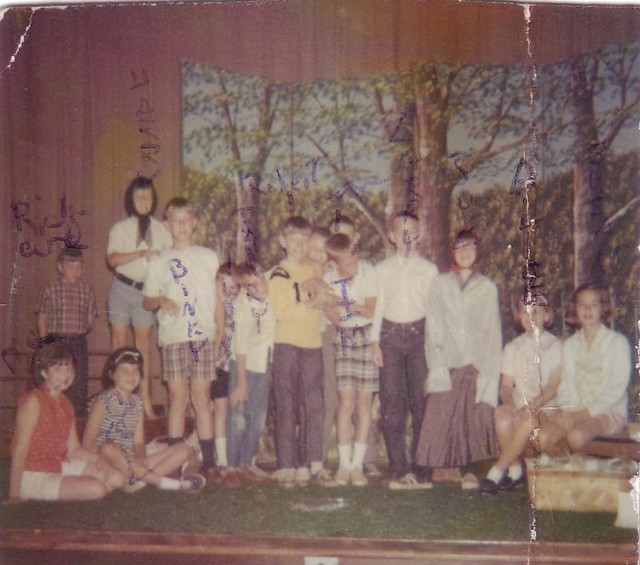
Me, bottom left.
*Line stolen from Rachel on Friends.
